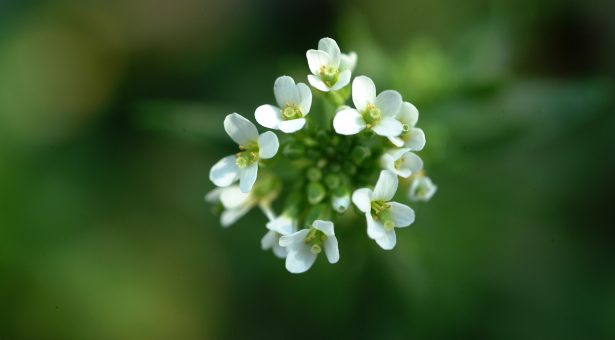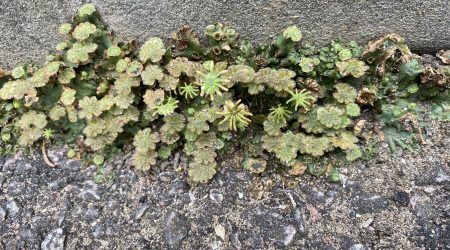Why are there no Unicorns?

Perhaps horses develop in a way that cannot be easily modified to produce a Unicorn, so such creatures have never arisen – or maybe Unicorn-like animals have been born in the past but because there is no advantage for a horse to have a horn, such creatures did not thrive and were weeded out by natural selection.
The problem highlights a general issue in evolutionary biology of what determines the range of plants and animals we see compared to those that might have evolved theoretically. To what extent does observed biodiversity reflect the rules of development or the action of Darwinian selection?
To address this problem, Professor Enrico Coen at the John Innes Centre and Dr Przemyslaw Prusinkiewicz and colleagues at the University of Calgary analysed not Unicorns, but a more tractable system, the evolution of flower branching displays, or inflorescences.
Flowering plants have three basic types of inflorescence – racemes, cymes and panicles. Theoretically there are many other possible branching arrangements so why has nature chosen only these three?
The researchers showed how the three types arise quite naturally from a simple mathematical model for how growing tips switch to make flowers. The model was supported by experimental studies on genes in the garden weed Arabidopsis.
So it looks like the way genes control development plays an important role in determining what sorts of structure evolve. But the researchers also showed that selection plays a key part in setting the routes that evolution may take within the space of possibilities.
They revealed novel paths, called evolutionary wormholes that link together different inflorescence types, allowing one to evolve into another.
Perhaps there are no Unicorns because no evolutionary wormholes exist that connect them to horses, or maybe the wormholes are there but evolution has not had time to go down them.
The riddle of the Unicorn remains but at least scientists now have a more rigorous mathematical and experimental framework in which to consider such issues.



